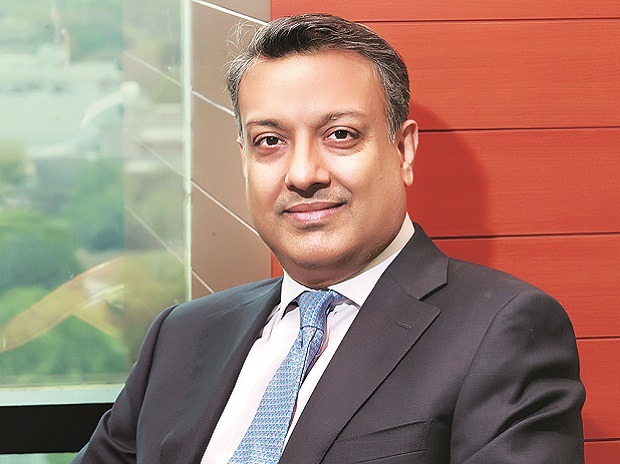In an exclusive conversation with BW Businessworld’s Suman K Jha, Chairman and Managing Director of Renew Power Sumant Sinha talks about the economy, ongoing elections, and the Modi and Manmohan years.
On the overall business climate
I think the business climate in the country is certainly improving. There is a fairly good macroeconomic stability. Inflation is low, fiscal deficit is under control and interest rates, now with the RBI becoming more proactive, will trend downwards. We’re heading into a situation where due to decrease in interest rates, investment activity will increase.
If you look at the numbers in the IMF forecast, the economic growth next year will be 7.5 per cent, and 7.7 per cent the year after. So there is a gradual pick up happening in the economy. Currently, monsoon is forecast to be normal. So, all of this points to some degree of stability and a positive economic environment.
One area where the government has done a lot of work is infrastructure. A lot more could be done. Eventually, this will lead to private sector investment coming in. Overall, capacity utilisation in this sector has been low over the last few years due to lack of investment from the corporate side.
On the ongoing elections
I am hopeful that there will be stability in the government, and that there will be continuity in the policies as well.
On Modi years vs Manmohan years
The Manmohan era was for 10 years and there are two parts to it. The most important fact is that they got benefitted from the previous NDA government’s efforts. Also, the global economy was doing well. So, the period 2004 till 2007 or 2008 was positive and extremely important. And are considered the best years of the Indian economy.
However, there were a lot of things that were not dealt with properly. For example, though the telecom and coal scams came out much later, their origin was in this period.
UPA 2 was a difficult time when we had the global financial crisis. The government gave fiscal stimulus and continued it for too long. This resulted in a very negative fiscal deficit situation which rose up to 6 and 6 and a half per cent. Finally, in their last year and a half they were able to bring it down to about four and a half per cent when P. Chidambram became the finance minister.
The myriad scandals and policy paralysis are also associated with this period. So the second half of UPA 2 was really in some ways very negative and probably the worst from the economic standpoint in the last 30 years was.
The present situation is almost like NDA 1. The present government has put in a lot of work hard and fixed various things in the economy. The question is which government will reap the benefits of this effort in the next five years.
On Modi Govt’s landmark economic decisions
A lot has been done, including the Jan Dhan Yojna, taking the Aadhaar system forward, Direct Benefit Transfer, etc. This has, in some ways, created a platform for subsidy reduction, and hopefully subsidies will start becoming more direct. On the infrastructure front, there has been a lot of work that has been done as well.
Source: BW BusinessWorld



